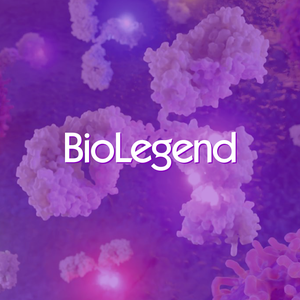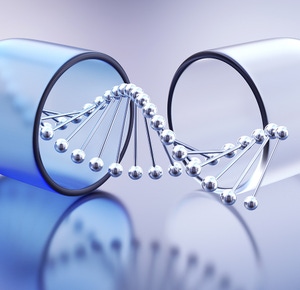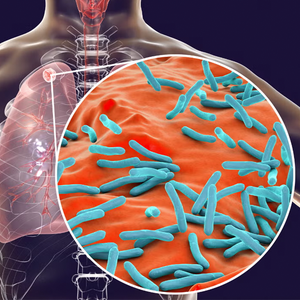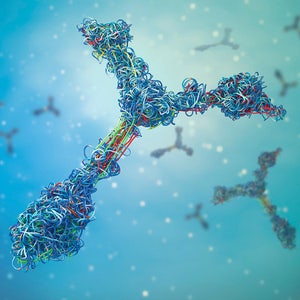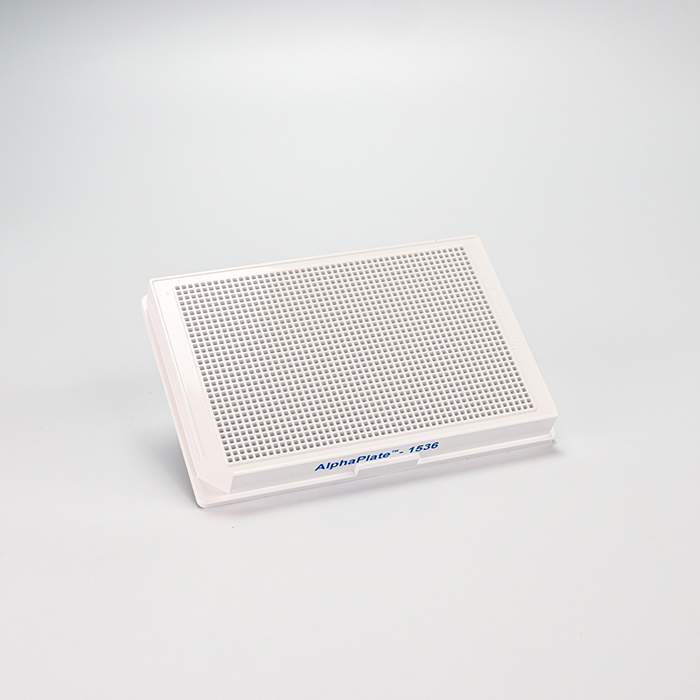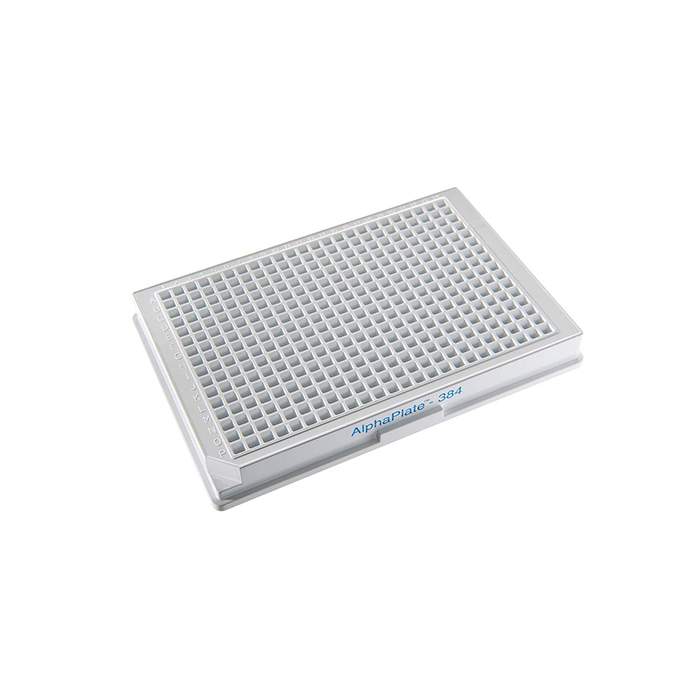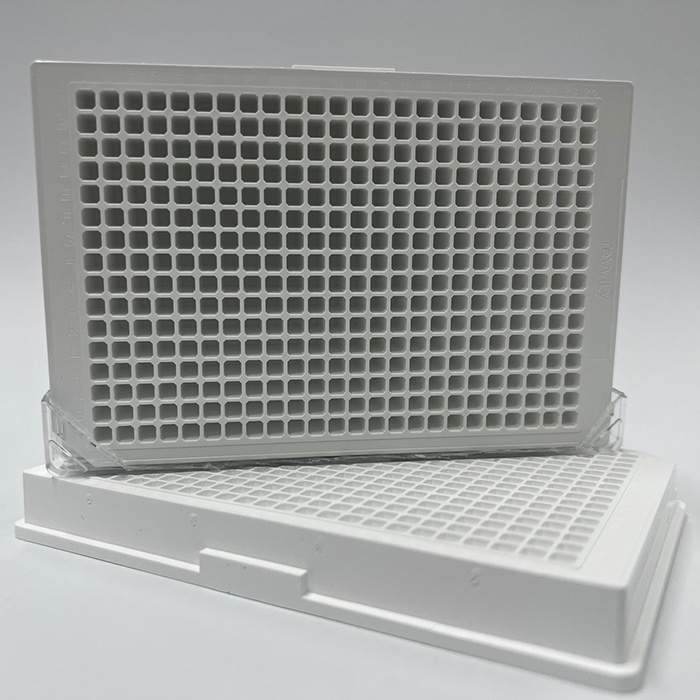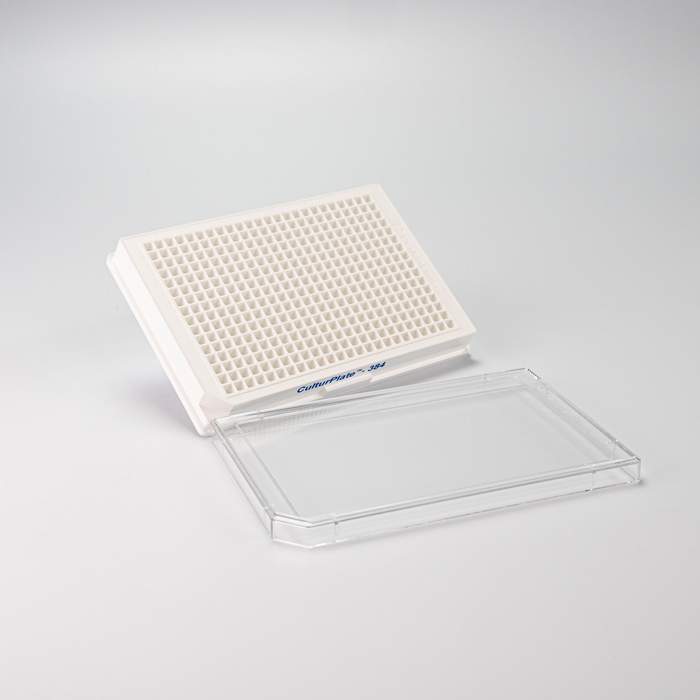
AlphaLISA Human Amyloid-β 1-X Detection Kit, 500 Assay Points
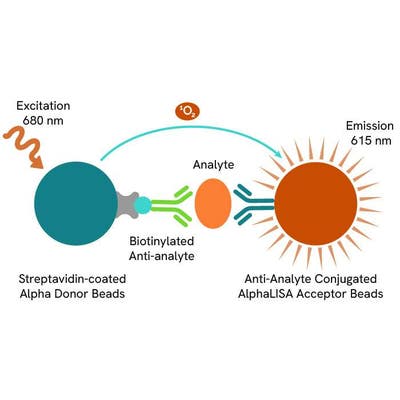

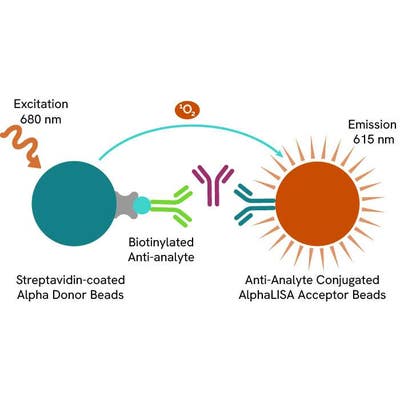 View All
View All
AlphaLISA Human Amyloid-β 1-X Detection Kit, 500 Assay Points
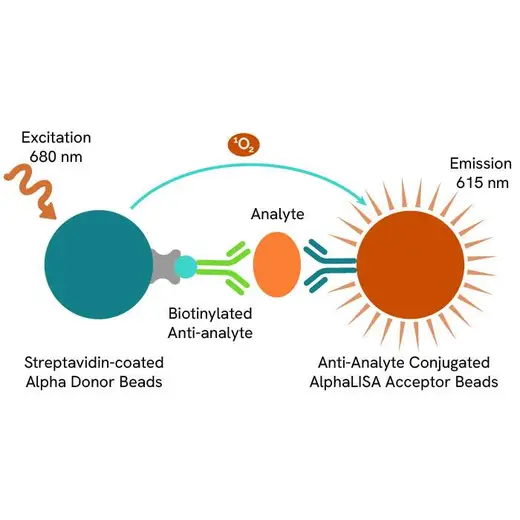

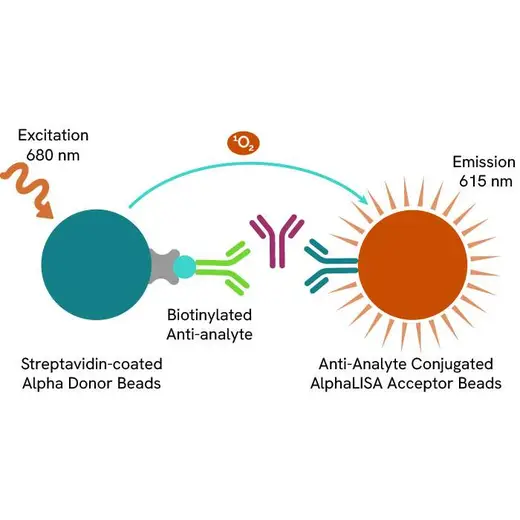




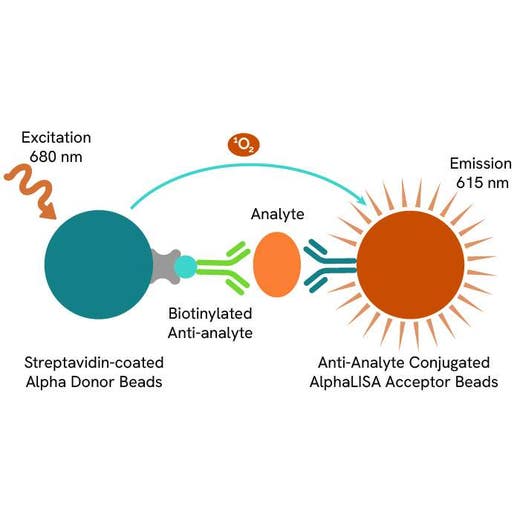

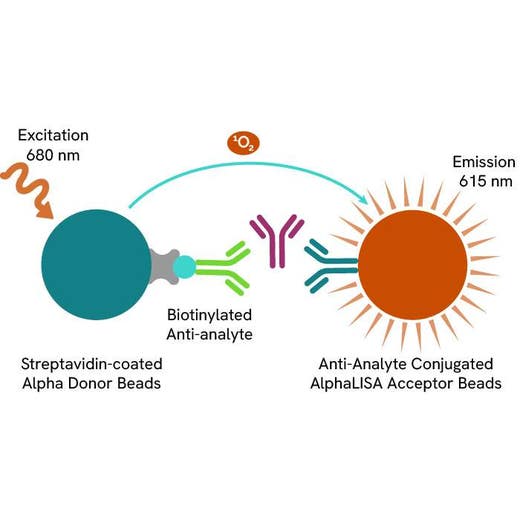




The AlphaLISA™ Human Amyloid beta 1-x (Aß 1-x) Detection Kit is designed for detection and quantitation of human Aß 1-x in cerebrospinal fluid (CSF), buffered solution or cell culture medium in a homogeneous (no-wash steps, no separation steps) assay.
| Feature | Specification |
|---|---|
| Application | Protein Quantification |
| Dynamic Range | 4.5 - 30,000 pg/mL |
| Limit of Detection | 4.5 pg/mL |
| Sample Volume | 5 µL |
The AlphaLISA™ Human Amyloid beta 1-x (Aß 1-x) Detection Kit is designed for detection and quantitation of human Aß 1-x in cerebrospinal fluid (CSF), buffered solution or cell culture medium in a homogeneous (no-wash steps, no separation steps) assay.







AlphaLISA Human Amyloid-β 1-X Detection Kit, 500 Assay Points







AlphaLISA Human Amyloid-β 1-X Detection Kit, 500 Assay Points







Product information
Overview
One antibody is specific to the ß-secretase cleavage site at the N-terminus: mouse monoclonal antibody, clone number 82E1. The second antibody is specific to amino acids 17-24: mouse monoclonal antibody, clone number 4G8.
Formats:
- Our 500 assay point kit allows you to run 500 wells in 96-well or 384-well format, using a 50 µL reaction volume (5 µL of sample).
- Our 5,000 assay point kit allows you to run 5,000 wells in 96-well or 384-well format, using a 50 µL reaction volume (5 µL of sample).
Features:
- No-wash steps, no separation steps
- ELISA alternative technology
- Sensitive detection
- Broad sample compatibility
- Small sample volume
- Results in less than 3 hours
- Half the time of an ELISA assay
Amyloid beta (Aß) is a short peptide derived from the proteolysis of a larger transmembrane molecule, the amyloid precursor protein (APP). The ß- and ?-secretases cleave the respective N- and C-terminal ends of the Aß sequence, liberating the Aß peptide from APP. Aß40 is the major species of Aß produced by neurons and other cells, and accounts for over 70% of total Aß produced, while the remaining is comprised of the longer Aß42, and other species ranging from 36 to 43 amino acids. Aß42 has a greater propensity to form aggregates or fibrils and also has a greater neuronal toxicity in tissue culture models than Aß40, implying that Aß42 is a more important factor in Alzheimer's disease (AD) pathogenesis and plaque formation. Levels of Aß42 in cerebrospinal fluid are decreased in the majority of AD subjects (probably due to its aggregation into plaques), making it an important biomarker for this disease.
AlphaLISA technology allows the detection of molecules of interest in a no-wash, highly sensitive, quantitative assay. In an AlphaLISA assay, a biotinylated anti-analyte antibody binds to the Streptavidin-coated Donor beads while another anti-analyte antibody is conjugated to AlphaLISA Acceptor beads. In the presence of the analyte, the beads come into close proximity. The excitation of the Donor beads causes the release of singlet oxygen molecules that triggers a cascade of energy transfer in the Acceptor beads, resulting in a sharp peak of light emission at 615 nm.
Specifications
| Application |
Protein Quantification
|
|---|---|
| Automation Compatible |
Yes
|
| Brand |
AlphaLISA
|
| Detection Modality |
Alpha
|
| Dynamic Range |
4.5 - 30,000 pg/mL
|
| Limit of Detection |
4.5 pg/mL
|
| Product Group |
Kit
|
| Sample Volume |
5 µL
|
| Shipping Conditions |
Shipped in Blue Ice
|
| Target |
Aβ1-x
|
| Target Class |
Biomarkers
|
| Target Species |
Human
|
| Technology |
Alpha
|
| Therapeutic Area |
Central Nervous System
|
| Unit Size |
500 assay points
|
Image gallery






AlphaLISA Human Amyloid-β 1-X Detection Kit, 500 Assay Points






AlphaLISA Human Amyloid-β 1-X Detection Kit, 500 Assay Points






Video gallery

AlphaLISA Human Amyloid-β 1-X Detection Kit, 500 Assay Points

AlphaLISA Human Amyloid-β 1-X Detection Kit, 500 Assay Points

Citations
SDS, COAs, Manuals and more
Are you looking for technical documents related to the product? We have categorized them in dedicated sections below. Explore now.
- LanguageEnglishCountryUnited States
- LanguageEnglishCountryEU
- Lot Number3323037Lot DateAugust 13, 2024
- Lot Number3356819Lot DateAugust 13, 2024
- Resource TypeManualLanguageEnglishCountry-


How can we help you?
We are here to answer your questions.




